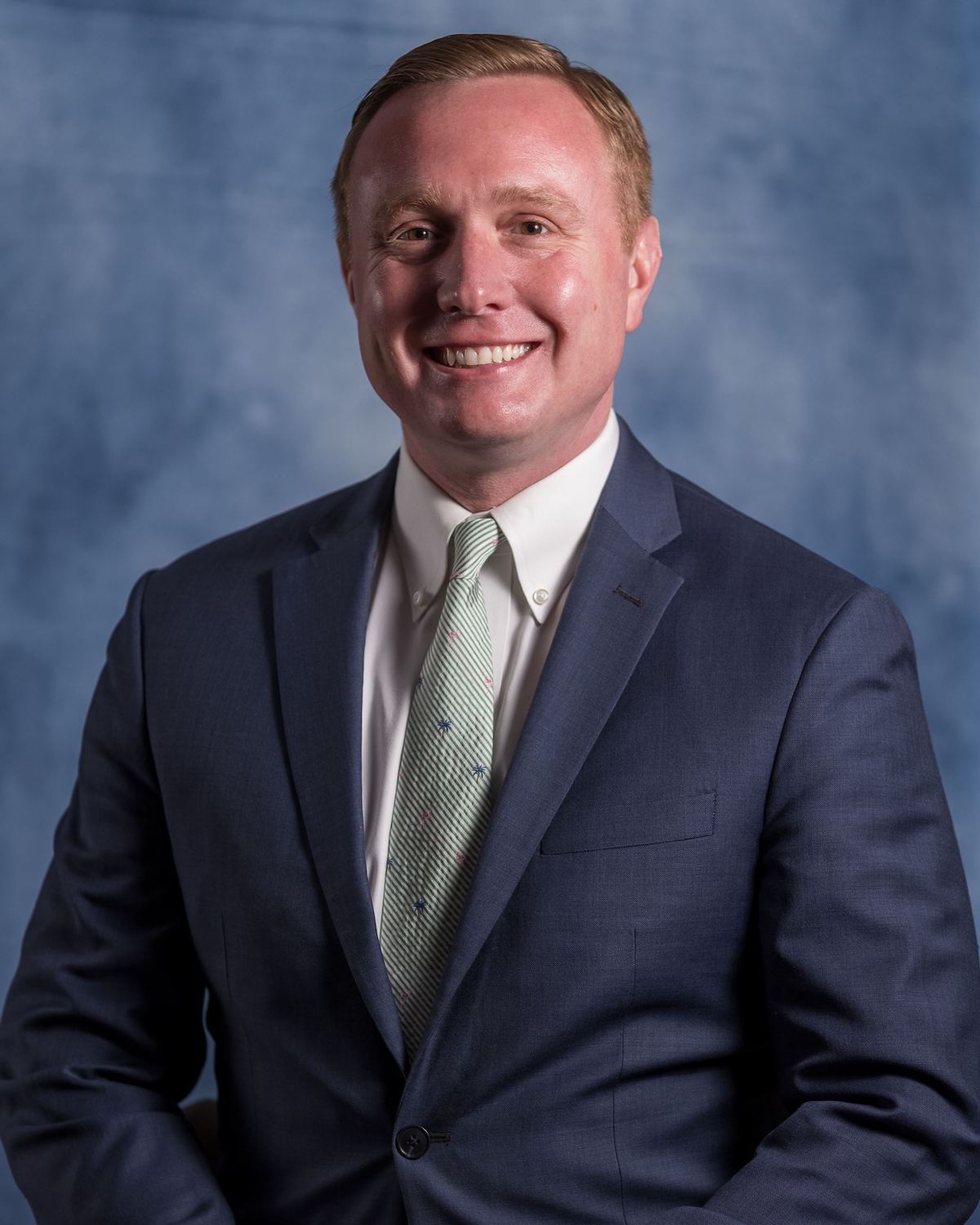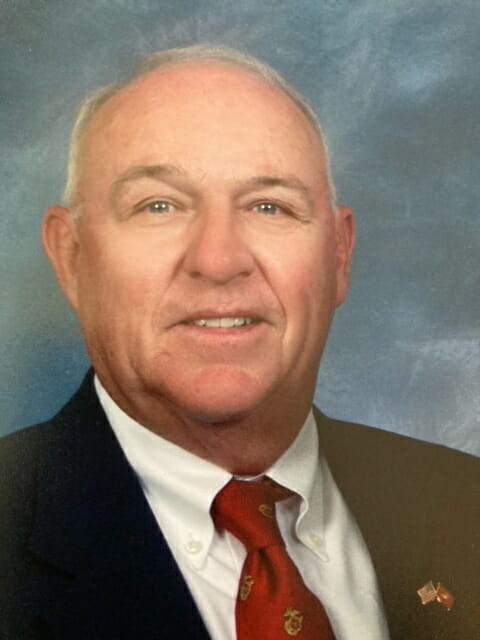By Marie Gibbs
In a recent Island Packet exclusive, the new owner of Pine Island stated his intentions to use golf as a “vehicle to empower economic progress” on St. Helena Island. That all sounds fine and well, but here is the catch: golf courses, resorts, and gated communities have been illegal on St. Helena Island since 1999, and they are still illegal today.
These land uses are prohibited because of the harmful impacts they have on Gullah/Geechee communities. Skyrocketing property taxes from these developments displace residents who have called the land home for generations.
We the people have spoken. The St. Helena Island community just spent the last six months working to clarify that the Cultural Protection Overlay zoning prohibits golf courses, resorts, and gated communities. The timing of the owner’s latest request to remove the property from the CPO and weaken its scope on the heels of Beaufort County Council recommitting to this longstanding policy on May 8 is insulting to our community.
Owners in Pine Island Property Holdings LLC, represented by Mr. Elvio Tropeano, do not seem to fathom how actions have repercussions beyond this property. The community, which showed up and packed council chambers for meeting after meeting sees the bigger picture and threat.
In a January 2023 letter Governor Henry McMaster acknowledged the “domino effect” that could result from allowing these types of projects on St. Helena. And Jessie White with the Coastal Conservation League noted that allowing one exception to the rules could set a precedent that could negatively impact the entire island.
The developer has threatened to build a large residential subdivision development instead – an empty threat and a scare tactic that many developers employ. Without the golf course, this is not an economically attractive option, and would require extensive permitting approvals and face significant legal challenges. Promises being made to the community are simply a means to achieve his golf course, which has been the plan since entering an option on the property in October 2021.
This is not an either/or situation.
There are other options for this property, including publicly accessible land protection for shared community use and historic interpretation. With local, state, and federal funding potentially available, all it takes is a willing seller who can see the benefits this would have to the land and the community.
What’s more: do not feel sorry for the ownership and Mr. Tropeano for a bad investment of their own making. As Arnold Brown, a Penn Center Trustee, pointed out at a County Council meeting, the developer “knowingly, willingly, and negligently bought land that is not approved for a golf course.” He was aware of the CPO’s restrictions banning golf courses on the island and had every chance to back out of his option contract. Instead, he doubled down and bought the property for $18 million dollars, with the intent to build something that is clearly prohibited.
What’s worse is that the developer promises the golf course will bring jobs to the area, but as Councilman York Glover pointed out, this means low-paying service jobs that put people in subservient positions. This line of work exposes workers to irregular hours with seasonal swings, many of the positions are filled by non-residents, and it provides no upward mobility in economic empowerment.
A brief history lesson: Prior to 1861, there were 10,000 enslaved people living on St. Helena Island working on its 55 plantations, where they were forced under chattel slavery to cultivate rice, cotton, and indigo. Many of their descendants, including my own family, still call St. Helena Island home today.
The potential jobs that are being dangled as carrots by this golf course development would put these descendants of freed people back into a subservient role. Once again, the Gullah/Geechee people of St. Helena Island would be doing the bidding of wealthy landowners on a historic plantation property.
If he is sincere in his desire to empower and invest in the community, the developer should explore a legal avenue for his philanthropy, not impose an unlawful luxury, gated golf development on a historic and culturally significant property. Golf courses, gated communities, and resorts are non-negotiable on St. Helena Island. We’ll continue to say this until the Pine Island ownership and Mr. Tropeano hear us.
Marie Gibbs, Ph.D., is a multi-generational St. Helena Island landowner and the Docent & Coordinator of Program Development at the York W. Bailey Museum at the Penn Center, National Historic Landmark District.










